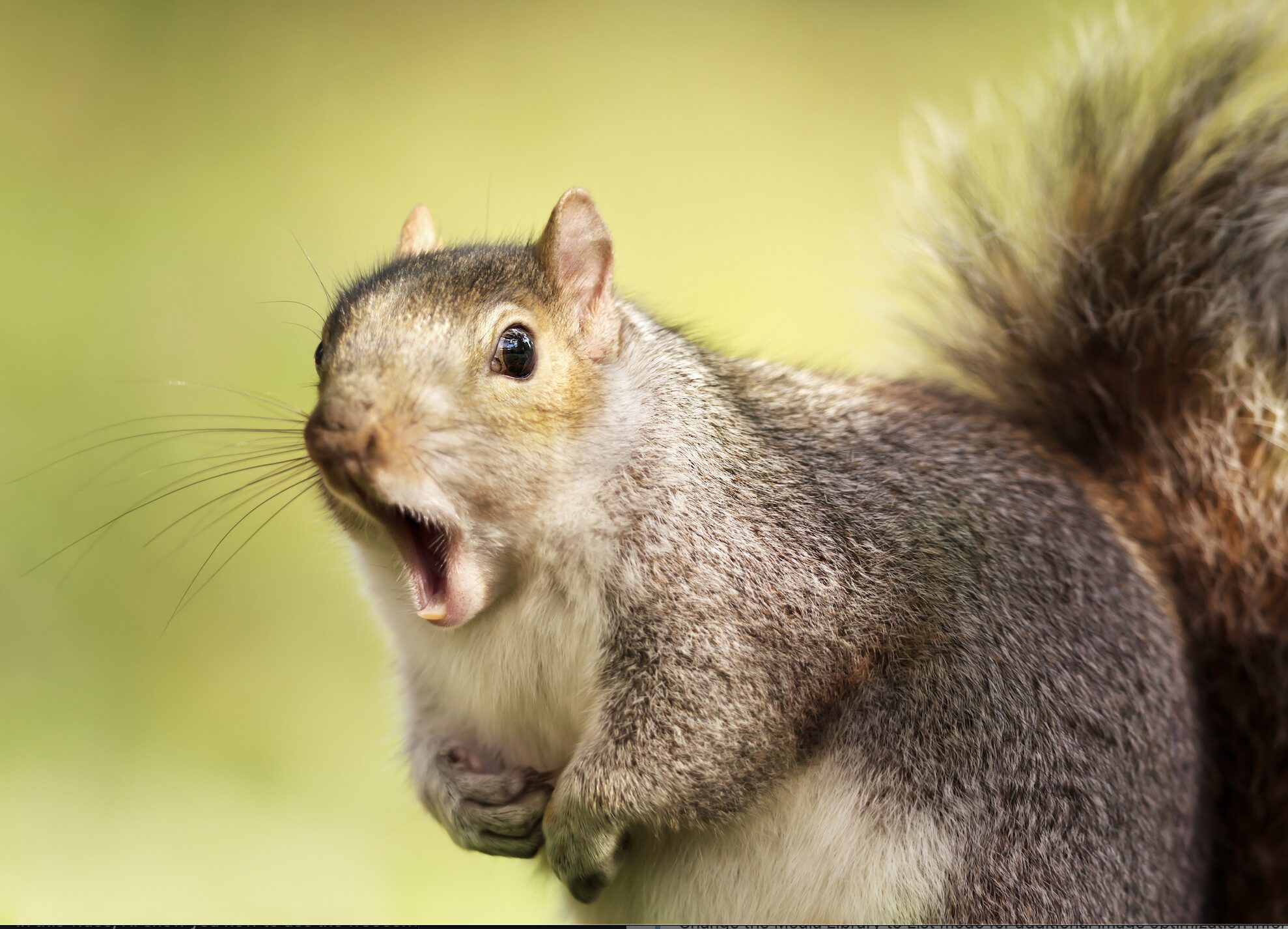Why Squirrels See Your House as a 5-Star Hotel (and How to Keep Them Out!).
Squirrels frolicking in the park? Adorable. Squirrels chewing through your attic? Not so much. These bushy-tailed bandits can be relentless when it comes to finding a cozy place to live, and sometimes, that cozy place turns out to be your cozy home. But what exactly makes your house so appealing to these backyard acrobats?
The Allure of Accommodation:
Squirrels are driven by three basic needs: food, shelter, and nesting sites. Unfortunately, your house can unintentionally offer all three:
- Food Paradise: Bird feeders, overflowing trash cans, and gardens bursting with fruits and nuts can be a smorgasbord for squirrels. Even seemingly harmless things like pet food left outdoors can be a tempting snack.
- Hilton for Hibernation (or Not): While some squirrel species hibernate, others stay active year-round. Your attic,with its warm nooks and crannies, can be an ideal spot to escape the elements or raise a family. Vents, soffits, and holes around pipes become prime real estate for a crafty squirrel.
- Castle in the Walls: The hollow spaces in your walls can provide another haven for squirrels, especially during mating season. Once inside, they can wreak havoc on your insulation and wiring with their chewing habits.
Keeping Out the Uninvited Guests:
So how do you turn your home from a squirrel hotel into a “no vacancy” zone? Here are some tips:
- Seal Up the Entry Points: Conduct a thorough inspection of your home’s exterior, looking for any gaps, holes, or loose vents that squirrels could squeeze through. Caulk cracks, repair damaged siding, and install metal mesh around potential entry points.
- Eliminate the Food Service: This means taking down bird feeders, keeping your trash cans securely sealed, and harvesting fruits and nuts from your trees promptly. Don’t forget to address pet food left outdoors as well.
- Trim Those Treetops: Overhanging branches can act as a squirrel superhighway to your roof. Trim tree branches away from your house to make access more difficult.
- Deploy Natural Repellents: Certain scents, like peppermint or predator urine (available at hardware stores) can deter squirrels. However, the effectiveness can vary, and reapplication is often required.
Remember: If you suspect a squirrel infestation already underway, contact a professional wildlife removal service. They can safely remove the squirrels and seal up entry points to prevent future invasions.
By following these tips, you can discourage these furry freeloaders from turning your home into their next vacation spot.Remember, a little prevention goes a long way in keeping your home squirrel-free and your sanity intact!
Squirrels aren’t inherently afraid of all humans, all the time. Here’s a breakdown of why they might seem less fearful than other wild animals:
- Habituation: Squirrels in urban and suburban areas are accustomed to human presence. They may have learned that humans aren’t always a direct threat, especially if they associate humans with potential food sources like bird feeders or overflowing trash cans.
- Resource Focus: Squirrels are primarily driven by basic needs like finding food and shelter. If they’re fixated on a tasty nut or a cozy nesting spot near human activity, their focus might outweigh their fear of humans, at least momentarily.
- Varying Risk Assessment: Not all humans pose the same threat to a squirrel. A child playing in the park might be less intimidating than a person approaching with a rake or a loud barking dog. Squirrels can assess situations and adjust their fear response accordingly.
- Limited Predatory Threat: While humans can be a potential danger, squirrels in urban areas may not have many natural predators to fear. This can make them bolder than their wild counterparts who face constant threats from foxes, hawks, or owls.
However, it’s important to remember that squirrels are still wild animals. They can be unpredictable and may exhibit fearfulness if they feel cornered, threatened, or startled. Here are some things to keep in mind:
- Sudden Movements: Quick or jerky movements can trigger a squirrel’s flight response. If you want to observe them, be patient and stay still.
- Loud Noises: Yelling or loud noises will likely scare squirrels away. Approach them calmly and quietly.
- Direct Threats: If you make any aggressive gestures or try to corner a squirrel, it will definitely be afraid.



Hi, this is a comment.
To get started with moderating, editing, and deleting comments, please visit the Comments screen in the dashboard.
Commenter avatars come from Gravatar.